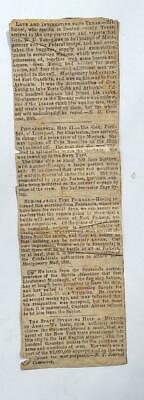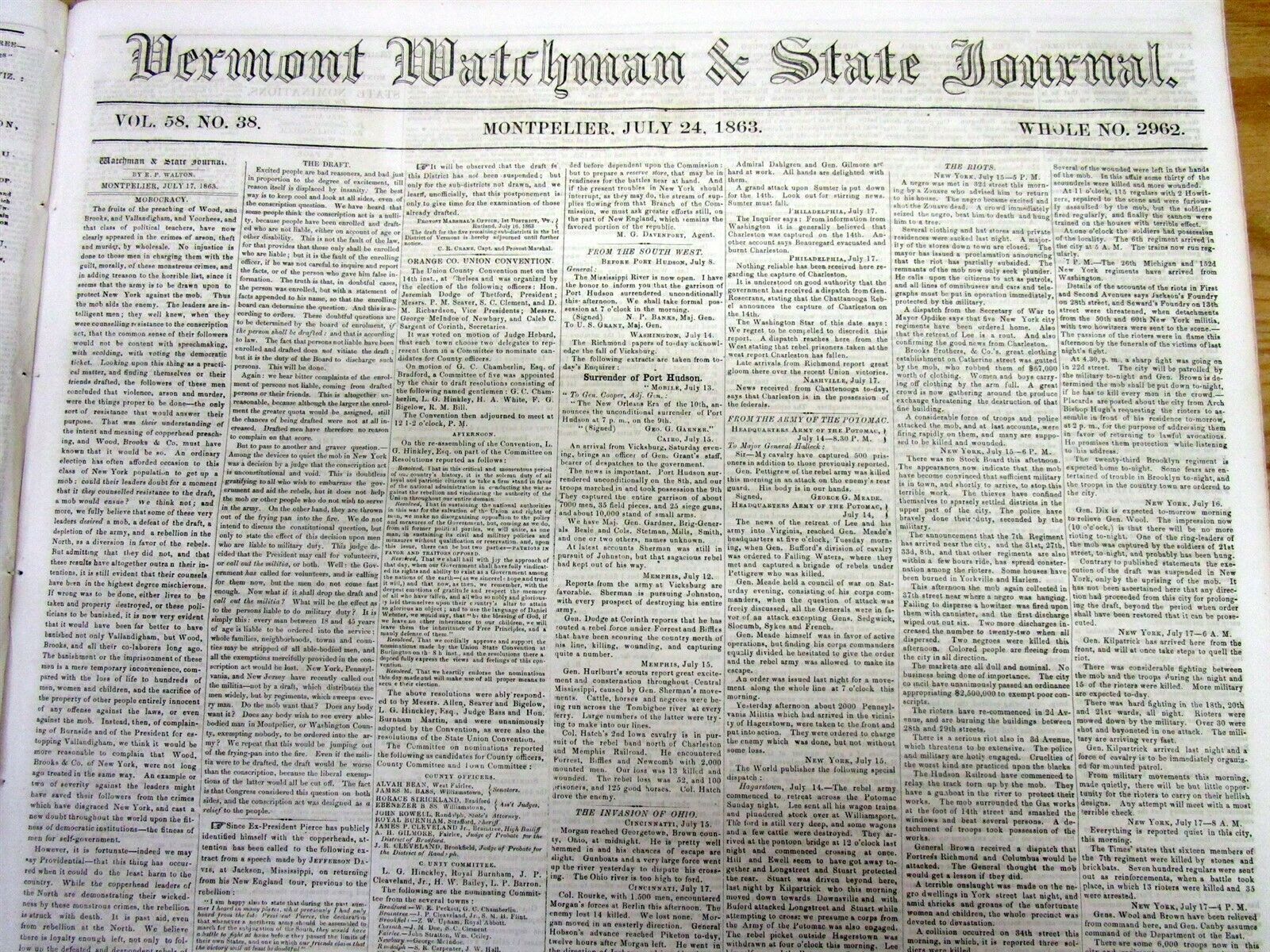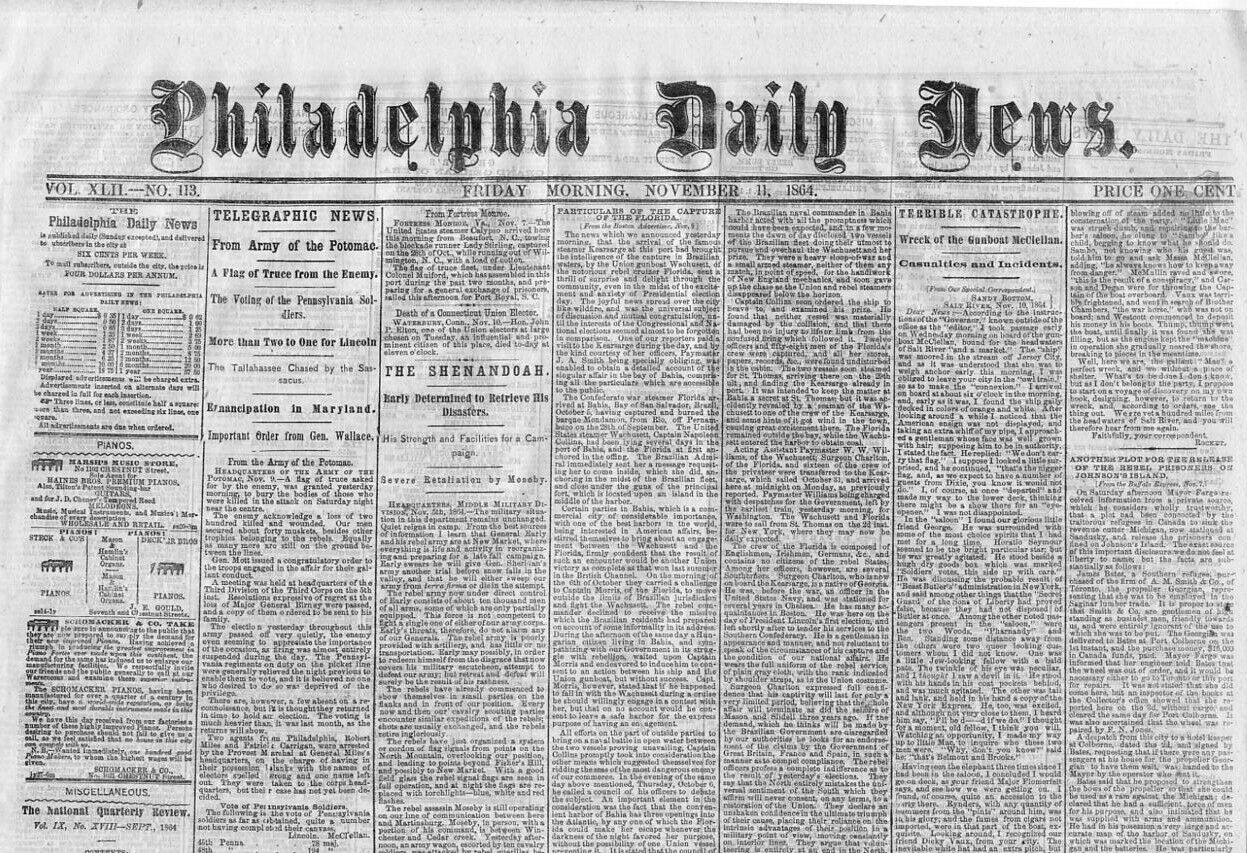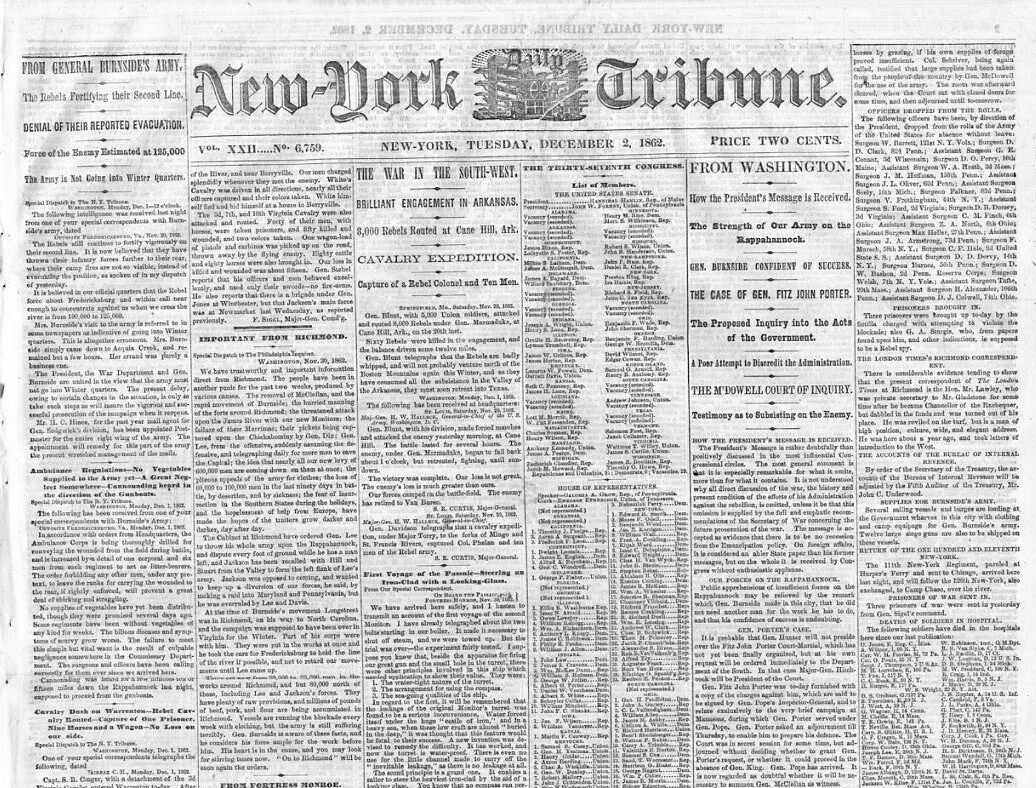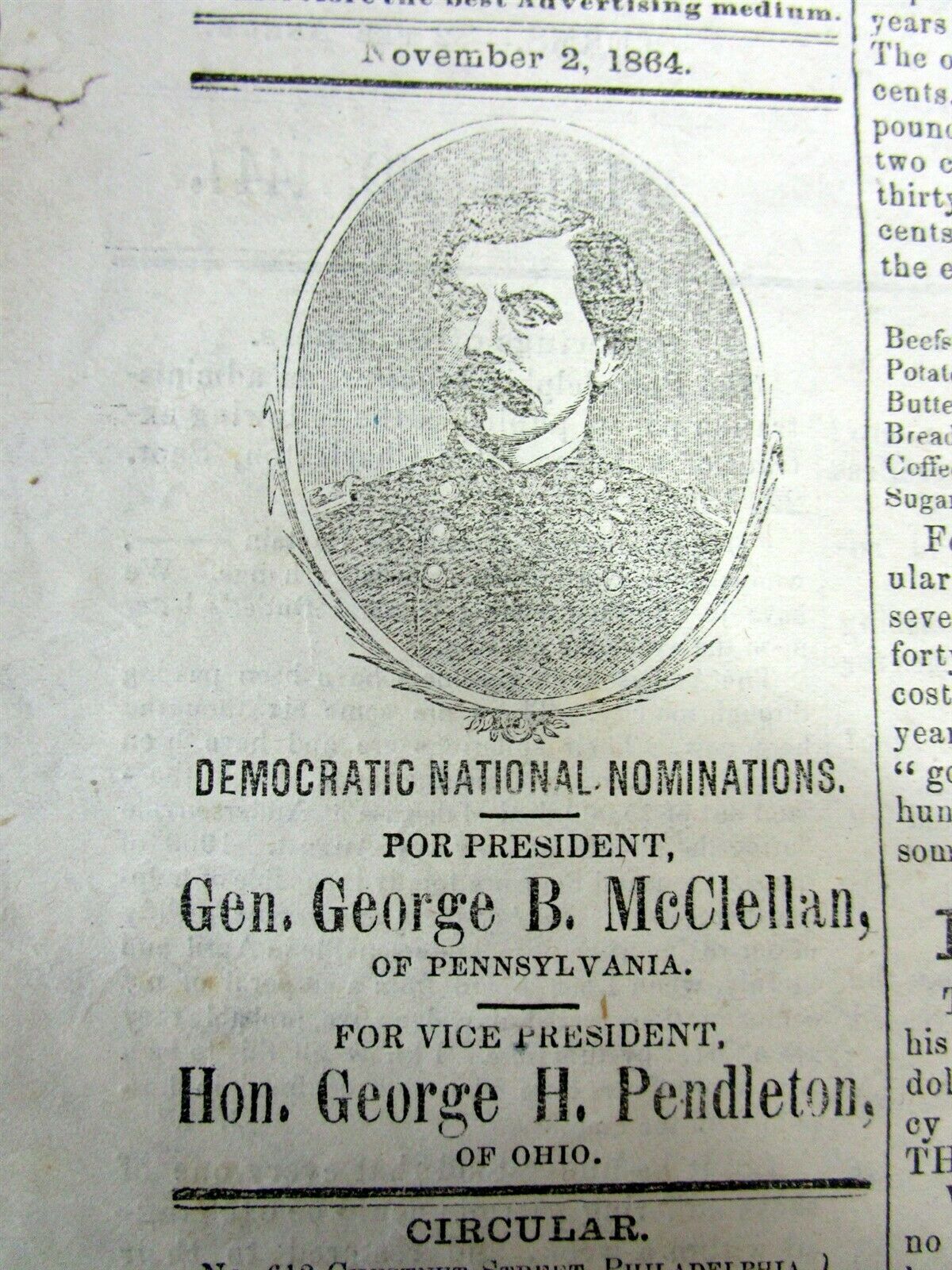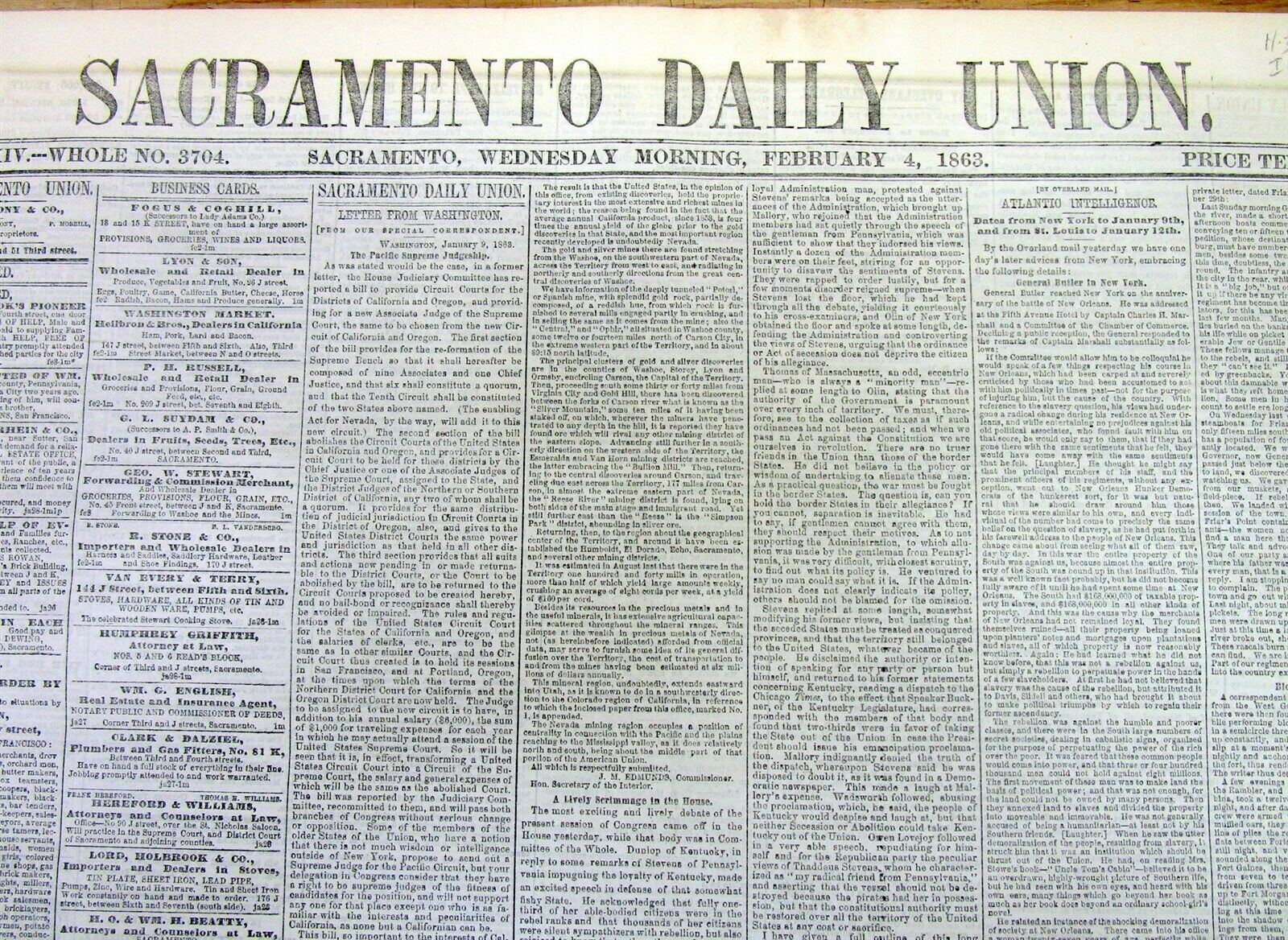-40%
THE ASSASSINATION LINCOLN REWARD FOR ASSASSINS DETAILS REWARD FACTS APRIL 18- 65
$ 105.07
- Description
- Size Guide
Description
FRONT PAGE BLACK LINED MOURNINGREWARD .000 FOR APPREHENSION
FUNERAL DETAILS NEW FACTS ON MURDERS.
CAPTURE OF MOBILE-DETAILS OF SIEGE
GEN CANBY ACCOUNT OF MOBILE
GEN ANDERSON HOIST STARS AND STRIP OVER FORT SUMTER
SHERMANS NEGOTIATIONS WITH GENERAL JOE JOHNSTON
COWARDLY CHARACTER OF MURDER AT FORDS THEATER
LETTER TO PRESENT JOHNSON
COMPLETE ISSUE
THE NEW YORK TIMES APRIL 18 1865
BOOTH BEHAVIOR
GENERAL ORDERS ON FRONT PAGE
EIGHT COMPLETE PAGES
Please do not ask me to change any part of the auction, this includes shipping. Also, once an item is brought I will no alter any information on any form. Happy to combine shipping. Buyer pays postage to send item back. All items will have a confirmation number. I have had complaints before about not having a tracking number. WE SHIP WORLDWIDE. Feedback: Please feel free to read my feedback. I'm very proud of my feedback. I sell military collectables. If you choose to wear or actually use items, it is at you own risk. Contact me to make prior arrangements on payment, I am happy to work with you. I DO COMBINE POSTAGE FOR MULTIPLE ORDERS.
General & Special Orders were issued to communicate commands and information to the Army. Each order, issued in writing by a command, was then printed for distribution to each unit, either at an army department headquarter or by commanders at local headquarters, sometimes in the field on portable printing presses. The orders were then issued to regiments, often to be read aloud to the troops.
General Orders were printed as issued with date & location; at the end of a year the regimental adjutant might retain them loose or simply string bind them by punching holes or cut slits in the left margin and stringing on ¼? red cloth string tape (the source of the old expression "government red tape"). Sometimes an officer or HQ clerk might take a group of orders to a local print shop or bookbinder and have an accumulation bound with leather or cloth covers.
Usually, American Military Orders of the 19
th
century including Civil War era were printed on an 8 x 5? sheet of quality rag paper.
General & Special Orders were issued to communicate commands and information to the Army. Each order, issued in writing by a command, was then printed for distribution to each unit, either at an army department headquarter or by commanders at local headquarters, sometimes in the field on portable printing presses. The orders were then issued to regiments, often to be read aloud to the troops.
General Orders were printed as issued with date & location; at the end of a year the regimental adjutant might retain them loose or simply string bind them by punching holes or cut slits in the left margin and stringing on ¼? red cloth string tape (the source of the old expression "government red tape"). Sometimes an officer or HQ clerk might take a group of orders to a local print shop or bookbinder and have an accumulation bound with leather or cloth covers.
Usually, American Military Orders of the 19
th
century including Civil War era were printed on an 8 x 5? sheet of quality rag paper.























